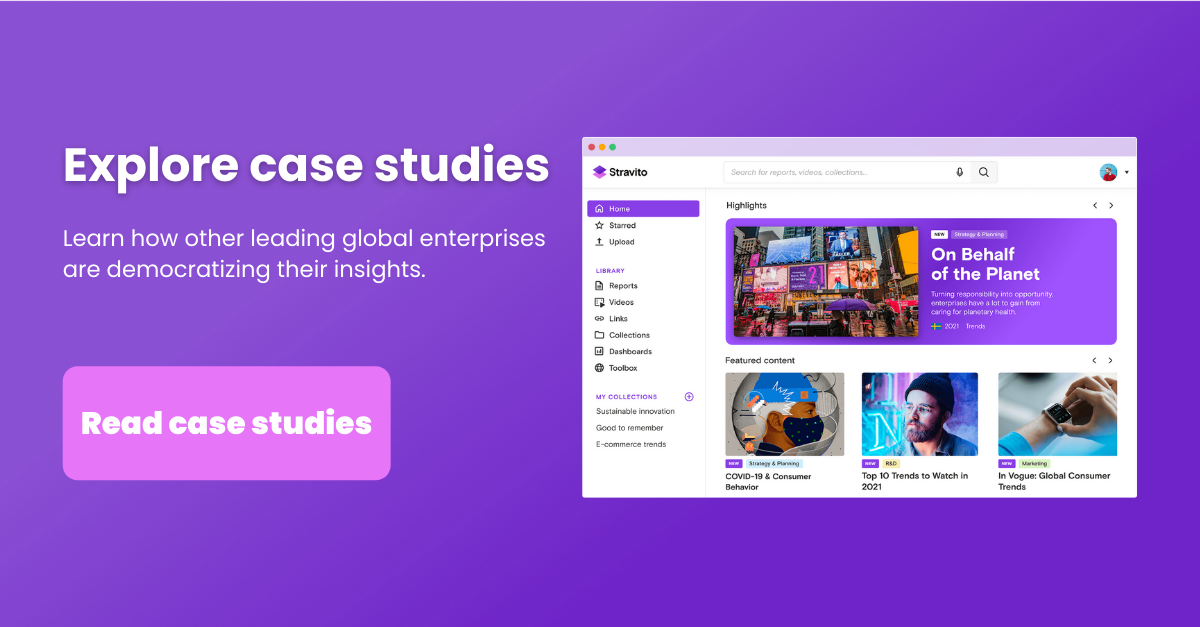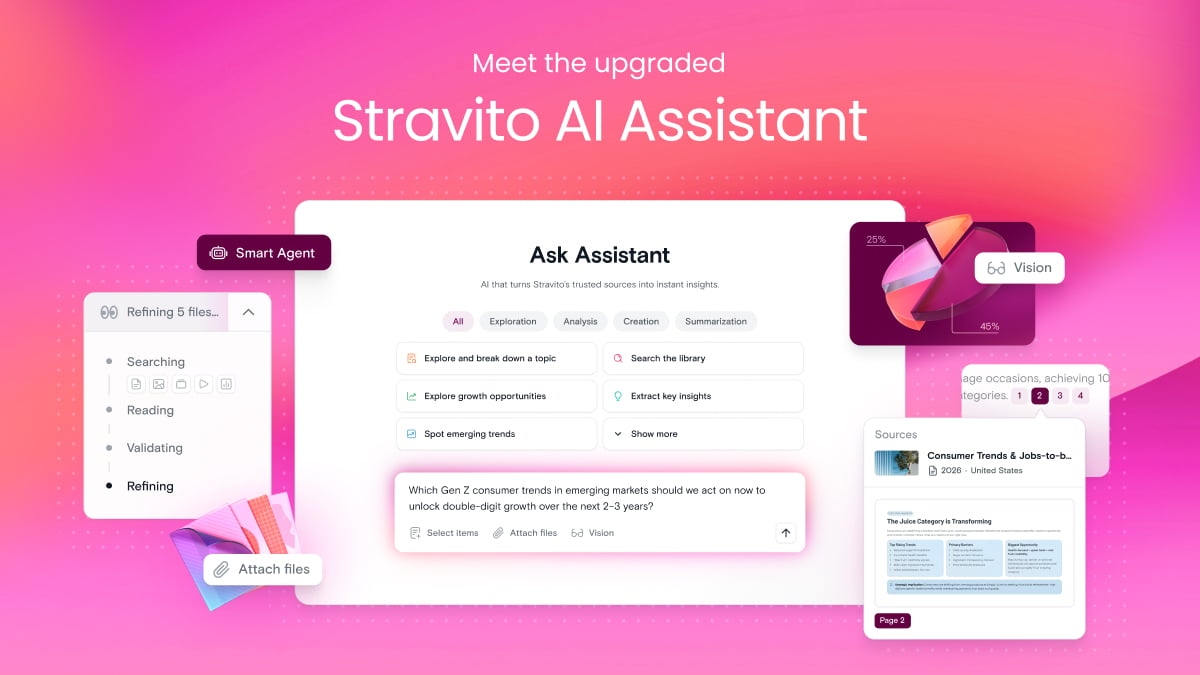Over the last few decades, the importance of connectivity has been on the rise. And during the course of the pandemic, that importance has only been accelerated. The need for secure, reliable networks that can support everything from work to socializing to entertainment to healthcare has been made abundantly clear.
With this increased importance of the services that telecom companies provide, comes a massive opportunity to create new sources of value. But it also represents a risk.
When customer needs aren’t met, it’s not just a matter of slow buffering when trying to stream the latest show (though this can be a deeply frustrating experience).
It’s now much more likely to mean that major work presentations get interrupted, frozen screens make for awkward silences right after someone delivers big news, and in the worst case, digital security is compromised. The stakes have become much higher.
Higher stakes, new competition
On top of this, there is, of course, external pressure. For example, already in 2019, McKinsey saw fast-growing OTT services like WhatsApp, FaceTime, and WeChat as posing a threat to traditional fixed and mobile communications services, with expected decreases in spend by up to 36%.
Overall during the pandemic, WhatsApp saw a 40% increase in usage, with some individual markets like Spain seeing increases over 75%. However, in just one week at the beginning of January 2021, encrypted messaging app Signal saw a 61-fold increase in downloads, from 285,000 to 17.8 million, following user concerns about an update in WhatsApp’s privacy policy.
In other words, the current competitive landscape for telecom companies can shift drastically in just a matter of days.
Connecting with customers now more essential than ever
Thus, in today’s world, leveraging data and insights to personalize the customer experience and winning the hearts and minds of consumers are key strategic initiatives for telecom companies– especially when the global industry tends to have a poor reputation with customer experience.
However, achieving these goals isn’t just about conducting more or better research. It requires a strategic way of working with insights, that ensures stakeholders across the organization can apply vetted insights when and where they need them.
This way of working with insights can be challenging, especially for large, decentralized organizations (like most telecom companies) or organizations that rely on insights teams as the primary source of information for stakeholders.
That’s why it’s essential to democratize insights in these organizations.
Empowering employees with insights across the value chain, from customer service and marketing, to product and R&D, doesn’t just ensure that insights get applied more effectively. It also reduces bottlenecks and workflow inefficiencies, enabling insights teams to spend more time on tasks like forecasting, trendspotting, and analysis.
How to actually democratize insights
Democratizing insights isn’t just about distributing insights. Rather, it’s a matter of empowering stakeholders to access, process, and apply insights in a way that can be sustained over the long term.
Step 1: Empower with self-service access
One of the best ways to empower stakeholders is to ensure that they have self-service access to vetted insights. If they come up with a question or their curiosity is piqued, they should be able to get a quick answer themselves, especially if it’s regarding a key topic or trend.
Sometimes, of course, a question will still require the expertise of insights managers. Whether that’s clarifying the nuances of a specific finding or commissioning new research to answer a previously unexamined question, it’s essential that insights managers themselves can also quickly access the information they need.
By reducing the volume of requests for information that have to go directly through the insights team, stakeholders will be able to apply more insights in a timely manner, and insights managers will have increased capacity to work as a strategic business partner, rather than an information desk.
Step 2: Rethink how insights are shared
Access, however, is just one part of the equation. Research reports need to be packaged and delivered in a way that makes them easy to digest. Otherwise, insights might be accessed but still go unused; having access to information doesn’t mean that we will retain it.
When it comes to packaging insights, it’s particularly important that key details, like conclusions and sample demographics, can be understood with ease. Otherwise, insights could be misinterpreted or misapplied.
It’s also essential to be thoughtful about how insights are shared. Democratizing insights is, at its core, a form of organizational learning. This means that there needs to be an ongoing flow of information, instead of just relying on one-off questions from stakeholders.
But again, in order to make sure that insights are processed effectively, it’s important to consider the timing of delivery. Embracing asynchronous communication can help stakeholders and insights managers alike digest insights at a time that works best for them.
Step 3: Remove obstacles that prevent long-term success
As with any organizational initiative, there will always be numerous obstacles that can hinder long-term success. Getting the necessary buy-in, securing budget, and navigating shifting business priorities can prove challenging even under near-perfect conditions.
An obstacle that is easy to address is the amount of additional work this sort of initiative can create. With calendars already packed and to-do lists overflowing, it’s smart to look for a solution that will minimize extra work related to implementation and maintenance.
Choosing the right technology to help you to democratize your insights allows you to control for certain predictable challenges. A dedicated insights platform can make all the difference.
Capabilities like AI-powered search, user-friendly design, and experienced implementation support can help to ensure that your initiative is a success. Of course, the most benefits are reaped when all 3 of these factors are present, and the solution set-up is tailored to your organization.
Customer centricity is the ultimate success
As we've discussed, democratizing insights is not a goal in and of itself. The true impact comes from stakeholders readily applying customer insights to their functional area of expertise. This is particularly important when navigating today’s telecoms industry landscape.
Take for example the insight that 87% of consumers said they would not do business with a company if they had concern about security practices. This sort of information can prove crucial for effective advertising campaigns, but translating it into a campaign that resonates requires the expertise of the entire marketing team.
For telecom companies, increasing trust, while also winning the hearts and minds of their customers is essential. And democratizing insights is critical for making that possible.







